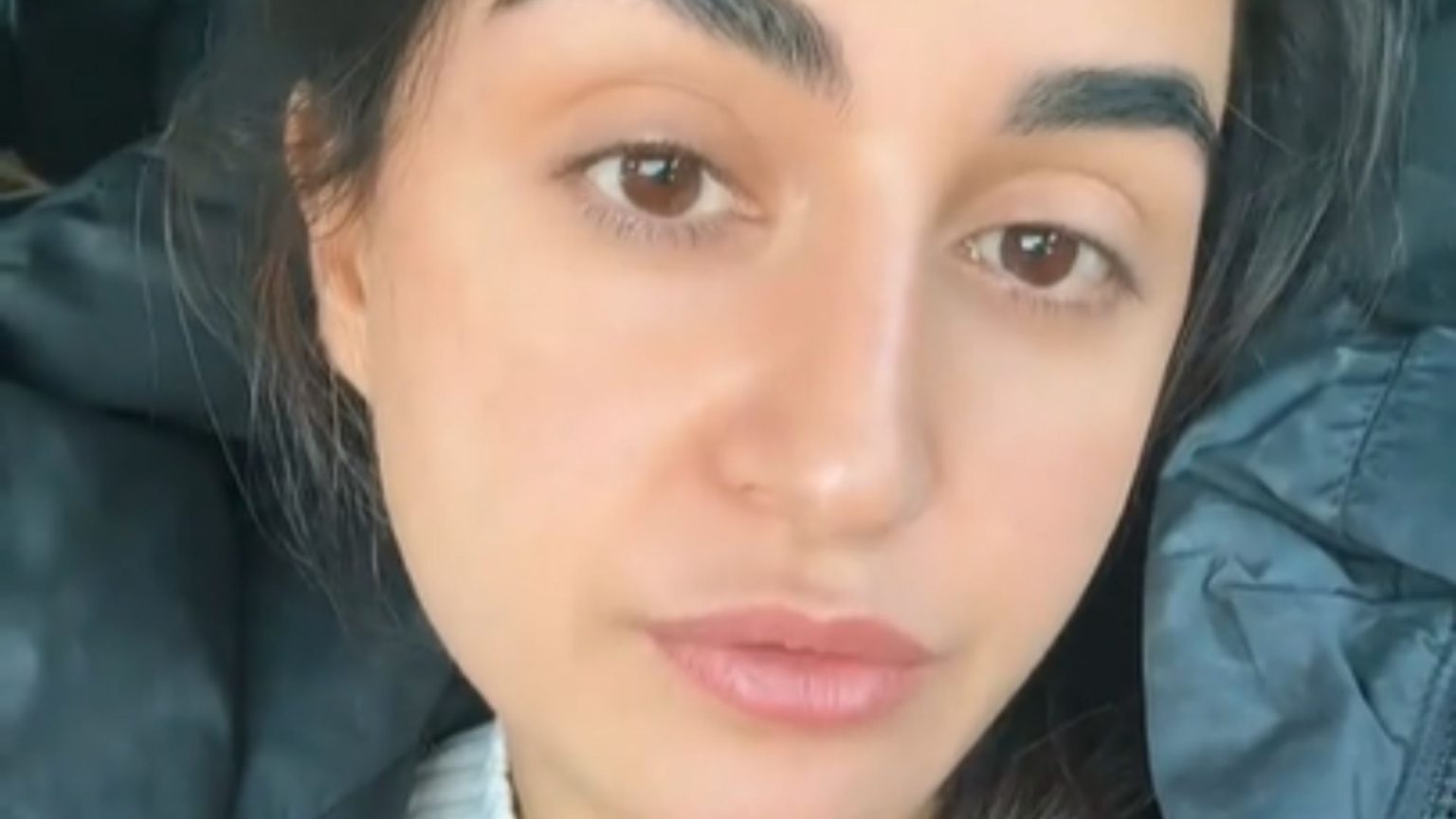The pursuit of thick, healthy hair is a common one, and while many factors contribute to hair growth, one surprisingly simple solution can make a significant difference: addressing iron deficiency. A National Health Service (NHS) general practitioner (GP), Dr. Shireen, shared her personal experience with hair thinning and subsequent regrowth after discovering and treating her own iron deficiency. Her story highlights the crucial role iron plays in hair health and offers a practical, accessible solution for those experiencing similar issues. Dr. Shireen’s experience, shared on TikTok, resonated with a large audience, demonstrating the prevalence of this often-overlooked cause of hair loss.
Iron is essential for the production of hemoglobin, the protein in red blood cells that carries oxygen throughout the body. This oxygen delivery is vital for the health and function of all tissues, including the scalp and hair follicles. When iron levels are low, the body prioritizes oxygen delivery to vital organs like the heart and lungs, potentially depriving the hair follicles of the nutrients they need for optimal growth. This can result in weakened follicles, slower hair regrowth, and increased hair shedding. Dr. Shireen’s experience exemplifies this connection, as she noticed significant hair regrowth within weeks of restoring her iron levels through supplementation.
Iron deficiency can also contribute to a condition called telogen effluvium, a common type of hair loss characterized by excessive shedding. This occurs when a significant number of hair follicles prematurely enter the telogen phase, the resting phase of the hair growth cycle. As a result, hair falls out more readily, leading to noticeable thinning. Beyond hair loss, other symptoms of iron deficiency include fatigue, shortness of breath, palpitations, and pale skin. These symptoms underscore the systemic impact of iron deficiency and the importance of addressing it for overall health and well-being.
Addressing iron deficiency often involves iron supplementation, which can effectively restore iron levels in the body. Iron supplements are readily available and relatively inexpensive. However, dietary changes are also crucial for maintaining healthy iron levels long-term. Dr. Shireen emphasizes that obtaining iron through diet is the ideal approach. Iron-rich foods include spinach, eggs, tofu, fortified cereals, and beans. Incorporating these foods into one’s diet can significantly contribute to meeting daily iron requirements. Supplements can be a valuable addition for those who struggle to consume sufficient iron through diet alone.
The recommended daily intake of iron varies depending on age and sex. Adult men require approximately 8.7 milligrams of iron per day, while women aged 19 to 50 need 14.8 milligrams per day due to iron loss during menstruation. After age 50, women’s iron needs decrease to 8.7 milligrams per day, aligning with men’s requirements. Meeting these recommendations through a combination of diet and supplementation can help prevent iron deficiency and its associated symptoms, including hair loss.
While iron deficiency is a significant contributor to hair loss, it’s essential to recognize that other factors can also play a role. Genetic predisposition, hormonal changes, certain medical conditions, and the natural aging process can all influence hair growth and loss. If you’re experiencing significant hair loss, it’s crucial to consult with a healthcare professional to determine the underlying cause and develop an appropriate treatment plan. Addressing iron deficiency can be a valuable first step, but a comprehensive approach may be necessary depending on individual circumstances. Furthermore, while vitamin D deficiency is the most common vitamin deficiency in the UK, other deficiencies, including vitamin B12, calcium, and potassium, can also impact overall health, and should be considered alongside iron levels.




